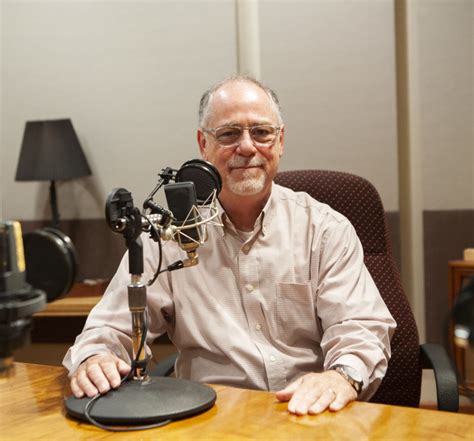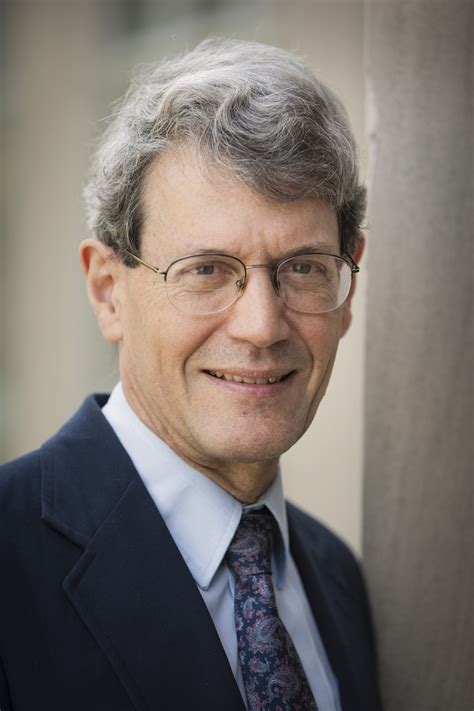A Quote by Christopher Meledandri
Anytime you adapt work of somebody who you respect, as much as I respect him, it's an enormous responsibility. In honoring that responsibility, what we try to do is to continually use his work, and the writing that he did about his life and his work, as our guide. That starts with his intent for what he was trying to express when he wrote it, and it extends to his intent overall.
Related Quotes
He was decisive and wholehearted in everything he did, so intent on the task at hand that he never looked over his shoulder, even if his cloak got caught in a thorny bush. When he did turn to speak to somebody, he used to swing his entire body and address him full face. When he shook hands, he was never the first to withdraw his own. He inspired such confidence that he was known as al-Amin, the Reliable One.
The master in the art of living makes little distinction between his work and his play, his labor and his leisure, his mind and his body, his information and his recreation, his love and his religion. He hardly knows which is which. He simply pursues his vision of excellence at whatever he does, leaving others to decide whether he is working or playing. To him he's always doing both.
Was his life nothing? Had he nothing to show, no work? He did not count his work, anyone could have done it. What had he known, but the long, marital embrace with his wife. Curious, that this was what his life amounted to! At any rate, it was something, it was eternal. He would say so to anybody, and be proud of it. He lay with his wife in his arms, and she was still his fulfillment, just the same as ever. And that was the be-all and the end-all. Yes, and he was proud of it.
The artist seeks contact with his intuitive sense of the gods, but in order to create his work, he cannot stay in this seductive and incorporeal realm. He must return to the material world in order to do his work. It's the artist's responsibility to balance mystical communication and the labor of creation.
The poet needs a ground in popular tradition on which he may work, and which, again, may restrain his art within the due temperance. It holds him to the people, supplies a foundation for his edifice; and, in furnishing so much work done to his hand, leaves him at leisure, and in full strength for the audacities of his imagination.
Communion with God as we hear his voice is rich. We receive his meanings; we submit to his authority; we grow by his power that is at work in our lives through his words; and we experience the glory of his personal presence as we hear him. These aspects go together, though we may sometimes be more conscious of one aspect.
































